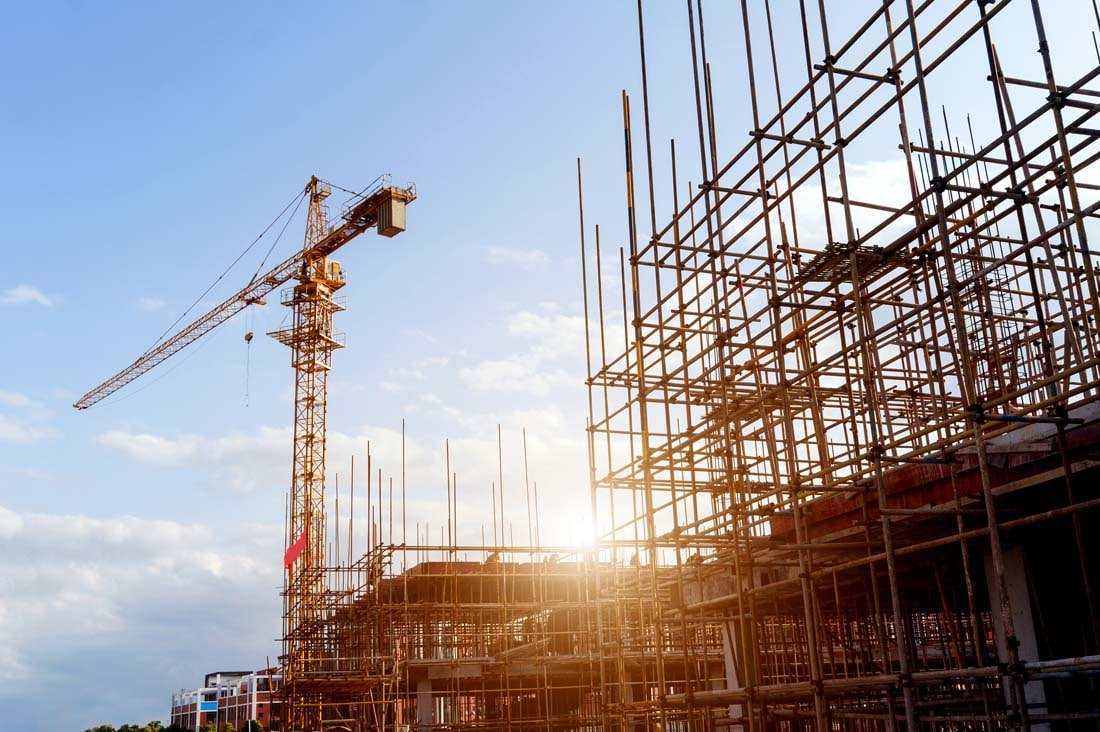
Is Construction Recession Your Concern

Want to know
how American construction contractors really feel about the current economy?
Then just look at Google.
According
to the latest report of flexbase, an American construction technology company,
the search volume of keywords related to "construction recession" on
Google has reached the level of 2008 (financial crisis).
Since
2004, the search volume of this term has peaked three times, respectively in
2008, March June 2020 (covid-19) and June July 2022, with an average of 400% or
more above the baseline.

Although
Google cannot accurately determine who the searcher is, this largely reflects
the current mood of 7million construction industry practitioners in the United
States - their concerns about the current economic situation have prompted them
to go to the Internet for relevant research.
In
addition to searching for relevant information on Google, contractors also seek
advice, solutions or consolation on online forums and communities such as
reddit (online community network based on interests) and hammr (online
community for contractors).
The
report said that in the past month, there were more posts on reddit about the
impact of the economic recession on the construction industry than at the
beginning of the COVID-19 epidemic.
In
this regard, Brek goin, founder and CEO of hammr, said bluntly: "Yes,
people are afraid. Although the construction industry has shown that it can
cope with rising interest rates, many enterprises are not sure whether they can
cope with the economic recession. In the current cash dominated market
environment, enterprises are cutting costs. With the reshuffle of the labor
market, those enterprises that can withstand the storm are optimistic about
acquiring new talents."
At
the same time, a large number of backlog orders quelled some concerns, but also
affected the profit margin.
According
to the latest report of the associated builders and contractors, the current
construction backlog is 8.9 months, an increase of 0.4 months over the same
period last year.

Anirban
Basu, chief economist of ABC, said: "A few months ago, some people
speculated that contractors were generally too optimistic about the future of
the industry. More and more data showed that this was indeed the case. At that
time, many contractors said that the backlog surged and they were able to pass
on the significantly increased costs to the project owners. For several months,
contractors expected that sales, employment and profit margins would increase.
A recent ABC survey showed that in order to ensure job opportunities, to
promote with the commencement of construction, more and more contractors have
to cut profits. "
He
pointed out that although the current situation is not catastrophic, the non-residential
construction market is not as strong as expected. "This involves many
factors, including the high price of materials and the unabated shortage of
construction technology. Against the background of increasing concerns about
the economic recession and rising borrowing costs, non-residential construction
activities will be weaker in the future." Basu said.
Although
public contractors will continue to benefit from the infrastructure expenditure
plan, the market may not be as strong as expected due to the delay in the
start-up of the project. Nevertheless, Basu said that contractors can continue
to expect industry sales and employment to expand and improve in the next six
months.
 Home
Home
 Categories
Categories
 Discover
Discover
 My Machmall
My Machmall